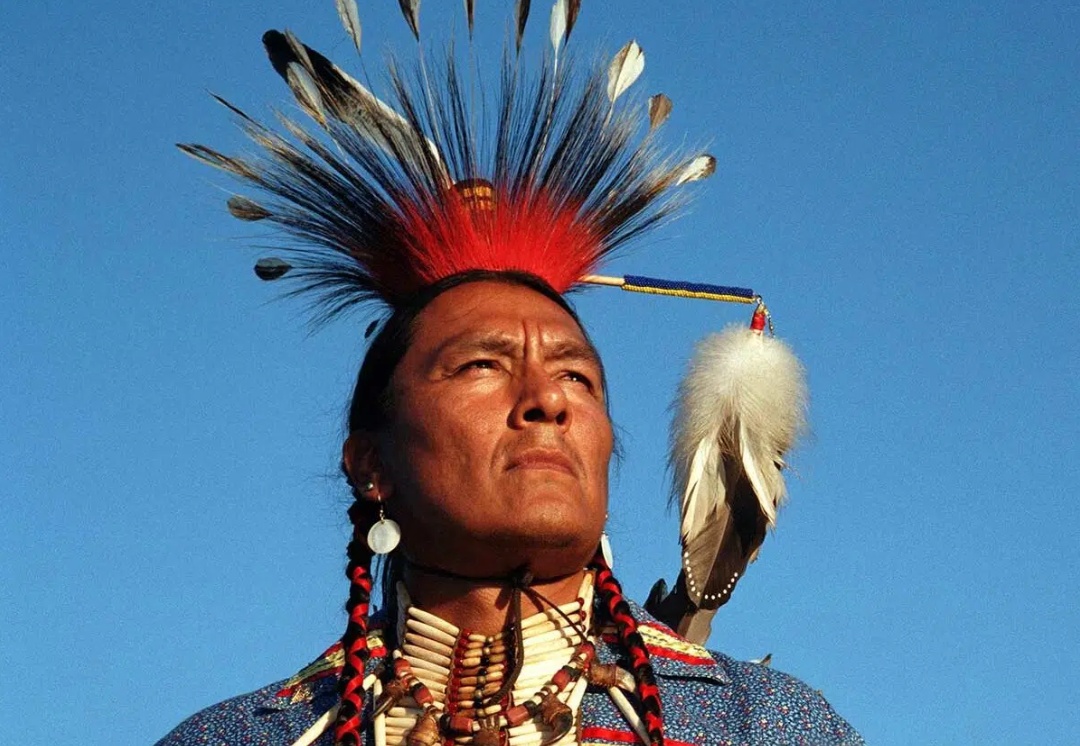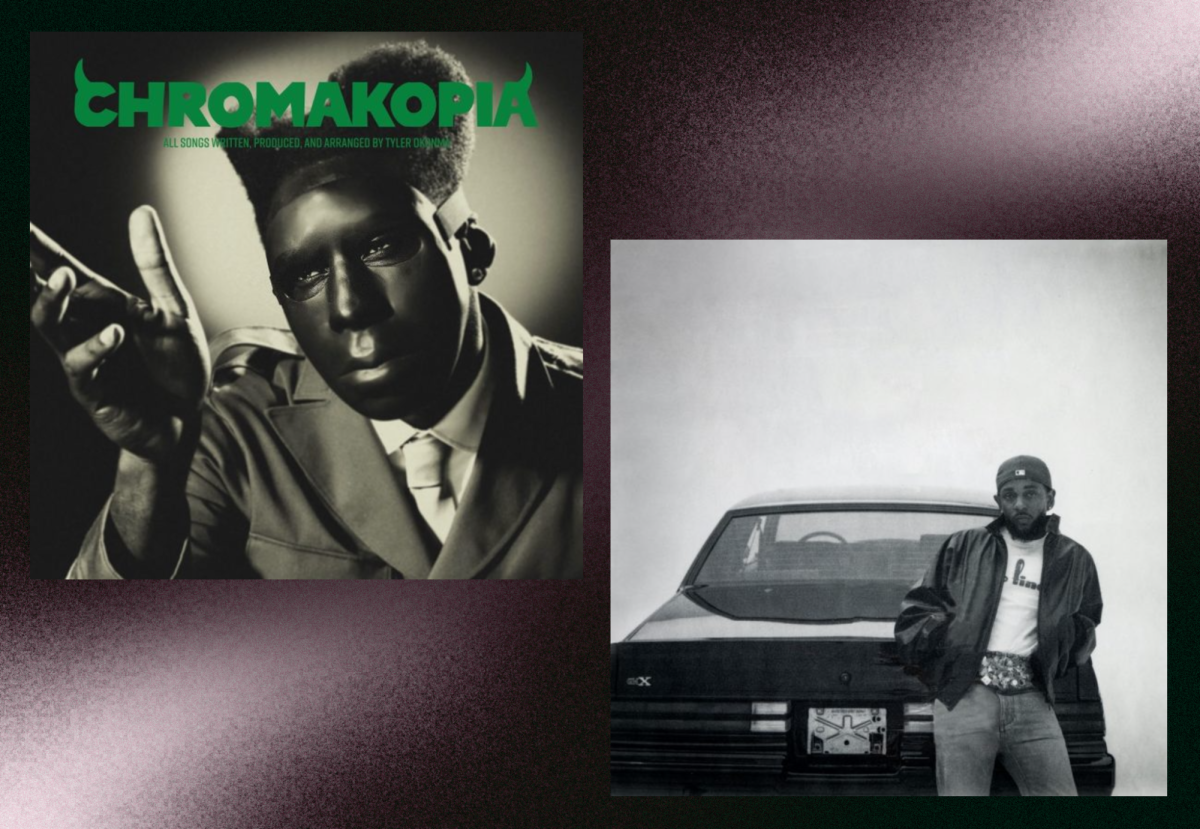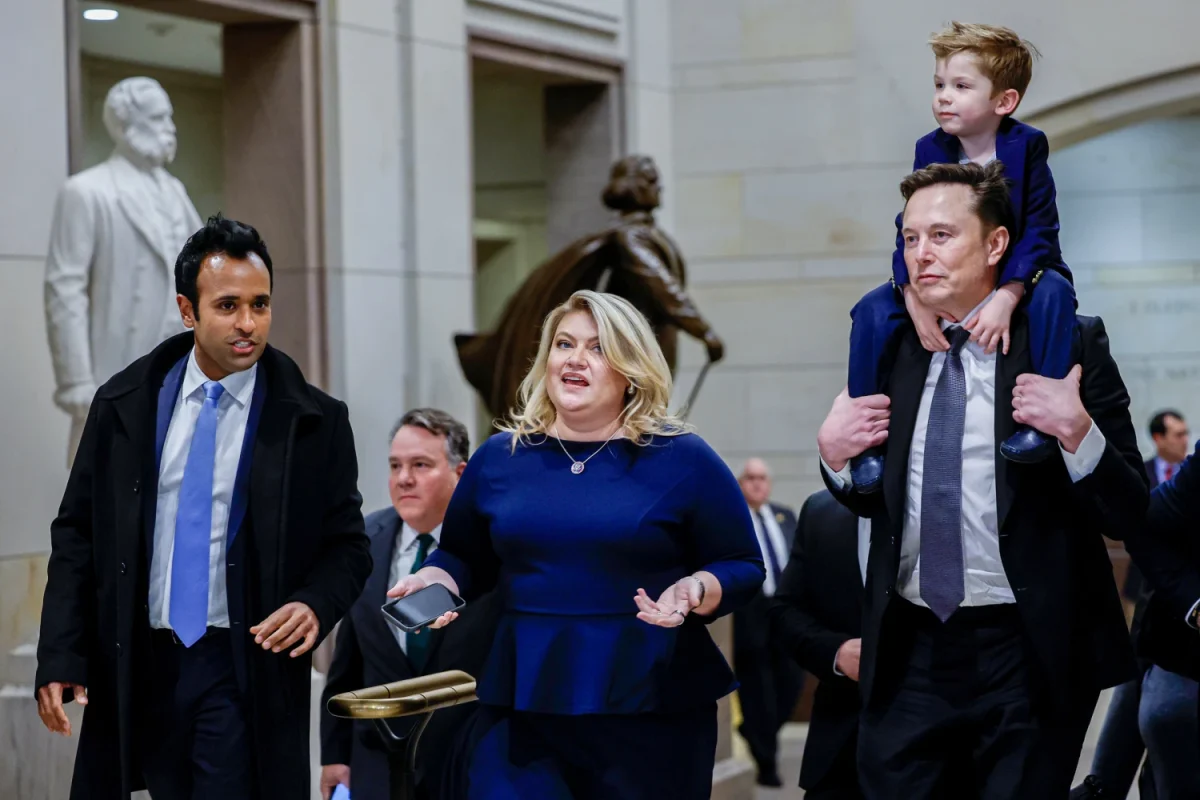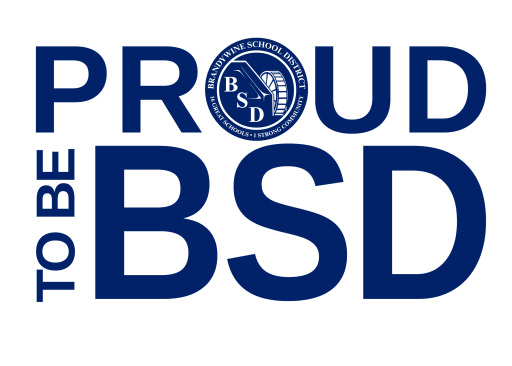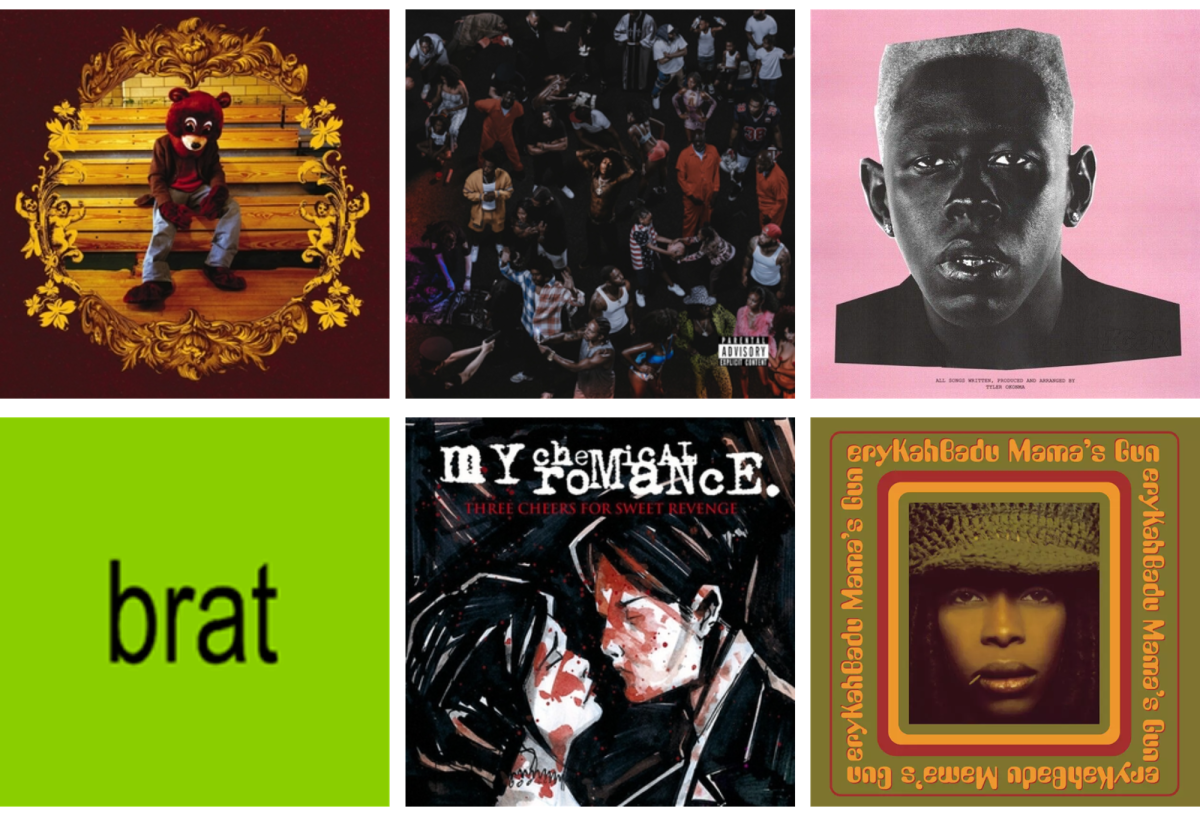To celebrate and recognize the rich and varied cultures, histories, and contributions of American Indian and Indigenous peoples, the United States designates the month of November as National American Indian Heritage Month. This is very significant for our society because it gives us the chance to honor the distinctive traditions, languages, artistic creations, and accomplishments of American Indian people of all tribes while simultaneously drawing attention to the challenges they have faced and continue to face on account of their race.
November acts as a medium, bringing attention to the history of different American Indian tribes, which is otherwise disregarded or distorted. Whether it be the recognition of famous American Indian celebrities such as Jason Mamoa (Native Hawaiian) or Zahn McClarnon (Hunkpapa and Sihasapa Lakota), American Indian Heritage Month makes it possible to comprehend how indigenous peoples have shaped and continue to shape American history and development in a more thorough and accurate manner. By highlighting the cultural richness of American Indian communities, the month contributes to the ongoing effort to safeguard their heritage as well as gaining unity and solidarity among American Indian peoples and promotes a greater understanding of their diverse backgrounds.
While American Indian Heritage Month is primarily observed in the United States, similar initiatives exist in other countries to recognize and celebrate the contributions of Indigenous peoples. Overall, the month plays a critical role in promoting inclusivity, understanding, and respect for American Indian heritage and its significance. It is crucial to educate yourselves and others by holding discussions about American Indian heritage, history, and current issues during November and every other month, especially in schools.
